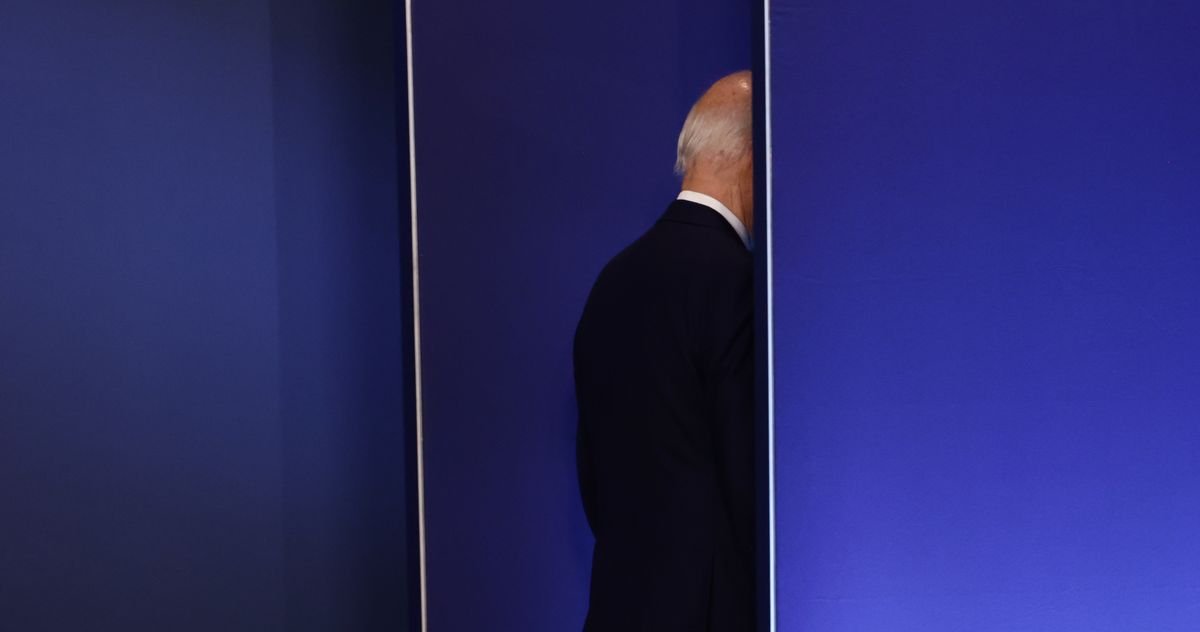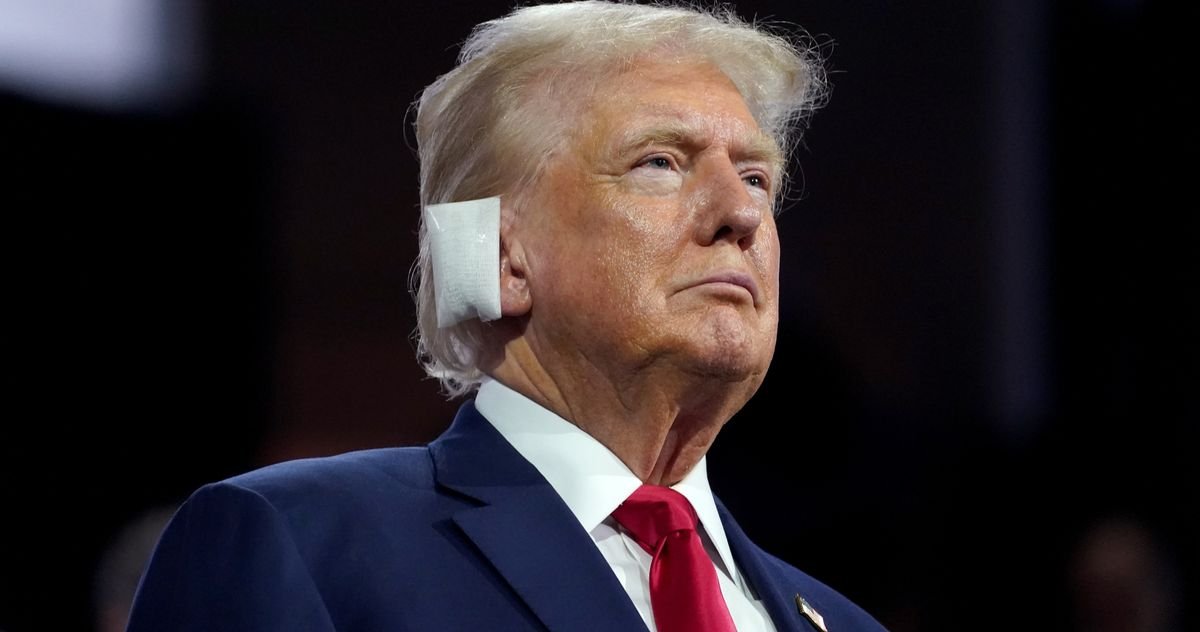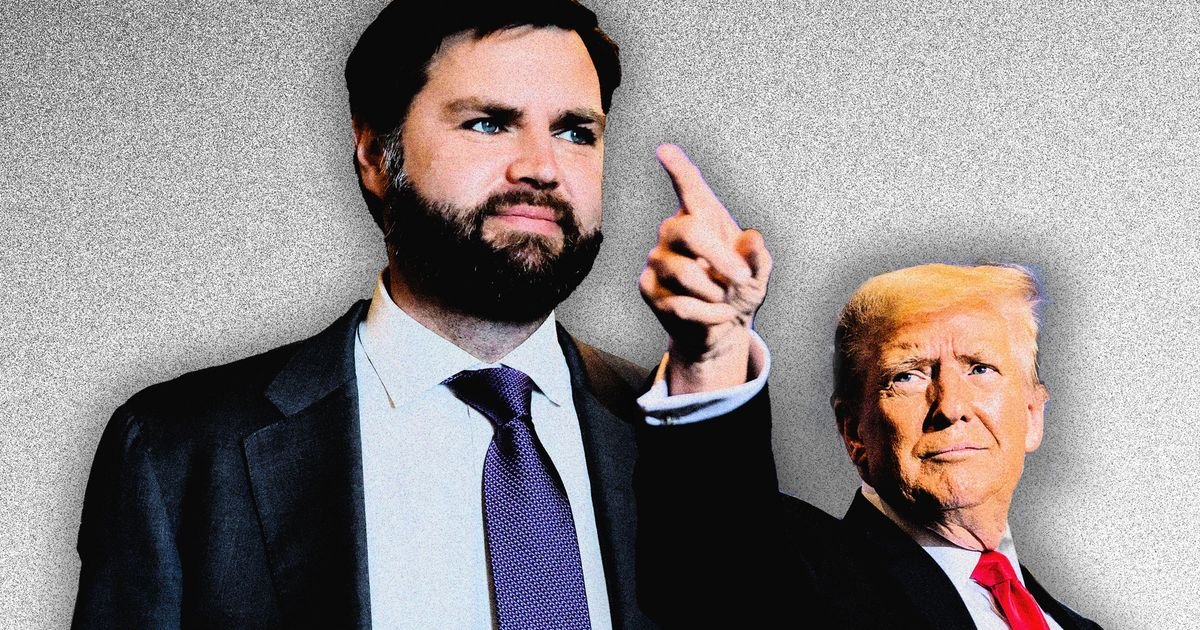
What’s Going On With the Texas Border Standoff?

Eagle Pass, Texas.
Photo: Andrew Caballero-Reynolds/AFP via Getty Images
An unusual standoff between the federal and state governments is taking shape on Texas’s border with Mexico — a battle over states’ rights and migrant safety that has several Republican lawmakers exaggerating the tension as a budding civil war. The conflict comes amid a record influx of migrants across the southern border, which is sure to be a major issue in this year’s presidential race. Below is everything you need to know about Texas governor Greg Abbott’s fight with the Biden administration over razor wire on the border, the rallying cry from nearly all Republican governors, and the Supreme Court order that set it all off.
Razor wire has long been used on sections of the border between the United States and Mexico to stop undocumented migrants from crossing over. In May 2021, Texas governor Greg Abbott expanded the use of wire when he ordered a disaster declaration on the border, which allowed the state to install the fencing on private property near the Rio Grande. In October, Texas attorney general Ken Paxton sued the Biden administration over the removal of this razor wire by Customs and Border Protection agents. Federal agents had been cutting through the concertina wire to rescue migrants in danger, which the lawsuit claimed was destruction of state property to “assist” migrants in crossing.
After a back-and-forth in appeals courts, the Supreme Court ruled last Monday in a brief 5-4 decision to temporarily pause a lower court’s ruling blocking CBP agents from cutting the fences. Legal experts say there is an obvious reason for the Supreme Court’s decision: The Constitution states that control of the nation’s borders is a federal matter.
On Wednesday, Abbott issued a statement claiming that “the federal government has broken the compact between the United States and the States” by failing to stop migrants from crossing the border. In the few days since, the Texas National Guard and state troopers have continued their standoff with Border Patrol agents over the wire.
One flashpoint is the 47-acre park Shelby Park in Eagle Pass, a popular crossing point hugging the Rio Grande; Texas law-enforcement officials have installed shipping container barriers and wire along the park’s riverbank and supervise access to the park. On January 14, a woman and two children drowned there. Border Patrol agents say that Texas National Guard troops “physically barred” them from accessing the park to save them. (The Texas National Guard has stated this is “inaccurate.”)
Following the Supreme Court order, the Department of Homeland Security demanded that the Border Patrol be granted access to the public park by Friday. Paxton rejected that request on January 26. On January 29, Texas Lt. Governor Dan Patrick told Fox News that “if they cut it, we will replace it.”
Abbott, who has stressed the importance of this crisis in several interviews, did not return early from a scheduled business trip to India to deal with it.
Republicans have flocked to Abbott’s defense, citing the standoff as an example of federal encroachment upon state rights — even if the question at hand, an international border, is a federal matter. Representative Clay Higgins even said that the Biden administration is “staging a civil war.” Ted Cruz posted a picture of concertina wire over a phrase from the Texas revolution:
Between primary rallies and court appearances, Donald Trump additionally called on “all willing states to deploy their guards to Texas.” At a rally in Las Vegas on Saturday, Trump said, “When I’m president, instead of trying to send Texas a restraining order, I will send them reinforcements.”
Every Republican governor except Phil Scott of Vermont has signed a joint statement siding with Texas and its “constitutional right to self-defense.” Glenn Youngkin of Virginia and Sarah Huckabee Sanders of Arkansas even sent a small number of their National Guard to the border in support.
In past standoffs between state officials and the federal government, presidents have taken the step of federalizing the local national guard as a resolution. Notable examples include Dwight Eisenhower federalizing the Arkansas National Guard to ensure the Little Rock Nine safe passage to their desegregated high school in 1957 and John F. Kennedy federalizing the Alabama National Guard to allow Black students to register to attend the University of Alabama in 1963.
While Biden has not motioned that he would make such a major step, Democratic Representative Joaquin Castro has called on the president to do so. Abbott said on Friday that he is prepared for the “unlikely event” of federalization.
As conflict simmers in Texas, the Biden administration has been working with GOP lawmakers to reach a border deal that would be linked to further funding for Ukraine — pairing a central Democratic priority with a central Republican one. The terms of the unfinished Senate bill reportedly involves the mandatory detention of all single adults crossing the border and a shutdown of ports of entry if 5,000 migrant encounters are recorded that day. But regardless of the bill’s decent prospects in the upper chamber, House Republicans seem determined to kill it. Donald Trump, who has harangued Biden over immigration, is pressuring Republicans in the House to kill the bill so he can continue to criticize Biden on the issue, and his influence is proving all-important. House Speaker Mike Johnson has repeatedly indicated that the bill is dead on arrival; on Tuesday, he told House Republicans that it had “no way forward.”
In an interview on Fox News on Sunday, Senator James Lankford summed the situation up. “Republicans four months ago would not give funding for Ukraine, for Israel, and for our southern border because we demanded changes in policy,” said Lankford, who is the lead Republican negotiator for the Senate deal. “So we actually locked arms together and said, ‘We’re not going to give you money for this. We want a change in law.’ And now it’s interesting, a few months later, when we’re finally getting to the end, they’re like, ‘Oh, just kidding. I actually don’t want a change in law because it’s a presidential election year.’”
This post has been updated.




